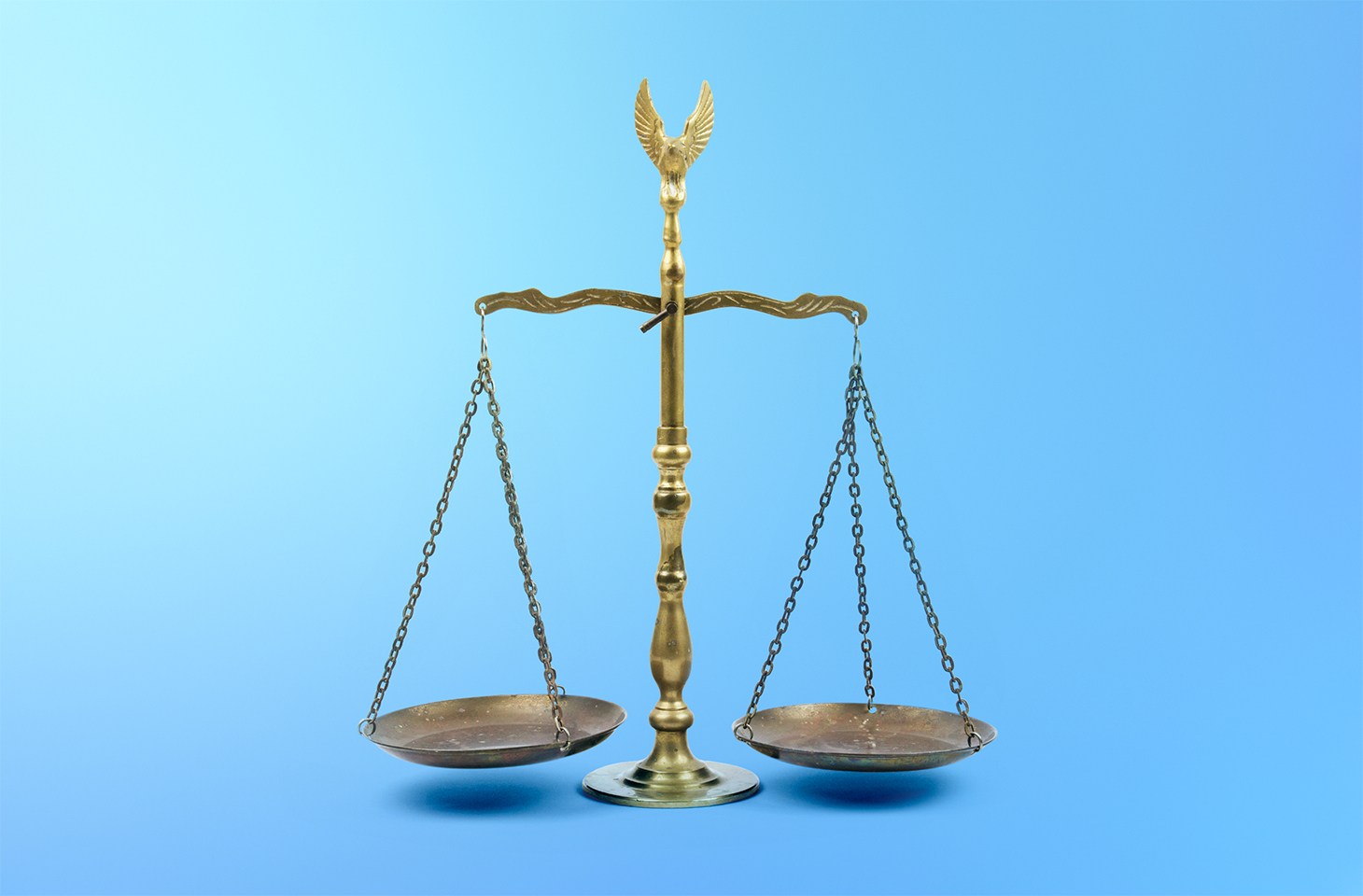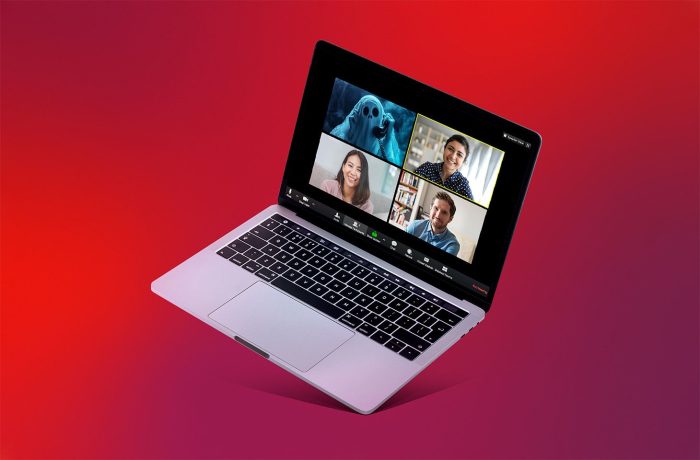Mass user migrations between social media services have become a more frequent phenomenon in recent years. Most of the time, this happens not because users are drawn to a cool new social media site, but because the ones that have been around for a while suddenly become a much worse place to be. Users are driven away by changes in ownership, post-sorting algorithms, and aggressive data processing policies, such as using content for AI training.
If you’re thinking about migrating, be sure to consider how social media, video hosting services like YouTube and Twitch, and community-based sites like Reddit and Quora are handling user information in 2025. The experts at Incogni, in their Social Media Privacy Ranking 2025, conducted a detailed analysis of the current state of affairs.
Fifteen leading platforms were compared across multiple criteria: from data collection and resale to the readability of their privacy policies and the number of fines they’ve been hit with for privacy violations. In short, Pinterest and Quora stood out for their strong concern for users’ privacy, while TikTok and Facebook ranked at the bottom. But let’s be honest, we rarely choose which social media to post photos or discuss stamp collecting on based on how many fines it has been handed. Besides, this is hardly an apples-to-apples comparison, as we don’t typically expect to have fully private conversations on social media, unlike on chat apps. That’s why we’ve dedicated a separate post to the privacy of popular messaging apps. Today, we decided to review a summary of the Incogni study that focuses exclusively on social media, video hosting services, and community sites. We’ll only consider practical, everyday criteria. And for simplicity, we’ll refer to all these services as “social media” from here on out.
Overall privacy risk rankings
In the overall ranking that accounts for all criteria, the leaders outperform the laggards by more than a two-fold margin in points, with fewer points indicating higher privacy.
- Pinterest 12.38
- Quora 12.96
- Twitch 13.51
- LinkedIn 14.89
- Reddit 15.19
- X/Twitter 17.04
- YouTube 18.52
- Instagram 22.41
- TikTok 23.01
- Facebook 28.72
It’s worth noting that up to 10 points could be lost due to fines for violating various jurisdictions’ personal data and storage location regulations, such as GDPR and CCPA. The study accounted for fines not only in Europe and the U.S., but also in other major countries, spanning from Brazil to Turkey. Data breaches across each social media service’s entire history were also factored in.
Facebook amassed a hefty 9.6 penalty points, a key factor behind its bottom ranking. The second-to-last spot went to X, with six penalty points; no one else exceeded 4.4.
Practical privacy
If we only consider criteria like data collection on the website and in the app, the use of information for AI training, the number of privacy settings, and the visibility of personal data to other users, the top and bottom of the rankings change significantly:
- Twitch 5.85
- Quora 7.54
- Pinterest 9.01
- LinkedIn 9.36
- Reddit 9.43
- X 9.68
- Instagram 11.92
- YouTube 12.85
- Facebook 12.94
- TikTok 13.00
Interestingly, the ranking kept intact three distinct groups — leaders, laggards, and a middle pack — though some reshuffling occurred within these tiers. The bottom placements for TikTok and Facebook come as no surprise to anyone following cybersecurity news, but LinkedIn’s relatively high ranking was unexpected. However, it’s better not to limit ourselves to ranking numbers, and to look at the platforms’ specifics in key categories.
AI training
In recent years, one of the most contentious issues has been the use of user content to train neural networks. Many people don’t want to just hand over their texts and photos to Big Tech companies, so the ability to opt out of this training is important to them.
Of the social media reviewed, only Twitch makes no claim at all about training AI on user content. All the others plan to either train their own in-house AI or provide training services to partners. Facebook and YouTube plan to do both. You can opt out of this in the settings on Pinterest, X, Quora, and LinkedIn. On YouTube, the opt-out is partial: it’s only available for video creators and only applies to the training of third-party AI not owned by Google.
Data collection for advertising
All platforms aggregate user data for various purposes, from product improvement to showing ads. Some even explicitly state that they may sell this data. Information is collected through websites and mobile apps, and includes not only what users write in their posts or profiles, but also IDs, geolocation data, data about activity in apps and on websites (both the company’s own and external pages), and much more.
After reviewing the data processing policies, the researchers concluded that Twitch, LinkedIn, TikTok, YouTube, Facebook, and Instagram all collect and process sensitive personal information for advertising. Only Pinterest “sells” information (as defined by the CCPA). However, far more social media platforms “share” information with partners: LinkedIn, Pinterest, Quora, Twitch, X, and YouTube all do this. Pinterest, Reddit, and Quora also share data on users’ in-app search queries with third parties.
The social media rankings in the data collection category differ from the overall placement: Quora, Reddit, and X are the least data-hungry. They’re followed by TikTok, LinkedIn, Twitch, Facebook, and Instagram. The laggards in this category are YouTube and Pinterest. At the same time, the mobile apps “greediest” for various user data are Facebook and Instagram, which collect 37 out of 38 possible types of data on user devices. They’re followed by LinkedIn with 31 data types, and YouTube and Pinterest with 27 each.
Privacy settings
The researchers compared the number of privacy settings across social media and checked whether the most secure option was selected by default. Here, Pinterest is the absolute leader, offering a high level of privacy in its settings by default and collecting little data during account creation. Close behind are Quora, Reddit, and Twitch, which show a similar profile.
Surprisingly, Facebook, YouTube, and LinkedIn rank mid-list, each providing a substantial array of privacy settings. Instagram, X, and TikTok have the fewest privacy options and the worst default settings.
Almost all platforms let you configure your account to show a minimum of data to others. Public exposure can be minimized most effectively on Pinterest, Facebook, and TikTok, while LinkedIn and X are the worst in this regard.
Takeaways
No social media platform reviewed achieved an ideal rating. Privacy leaders such as Twitch and Quora focus on specific content types and aren’t general-purpose social media services, while the most popular social networks happily collect and utilize user data. LinkedIn has managed to strike a balance between privacy settings and data collection. However, its image as a professional social network and the inability to partially hide personal data restrict its broader application.
We recommend double-checking the privacy settings for all the social media you use. Our free Privacy Checker service can help you with that.
What other privacy concerns might arise on social media? Read about them in our other posts:
 social media
social media

 Tips
Tips